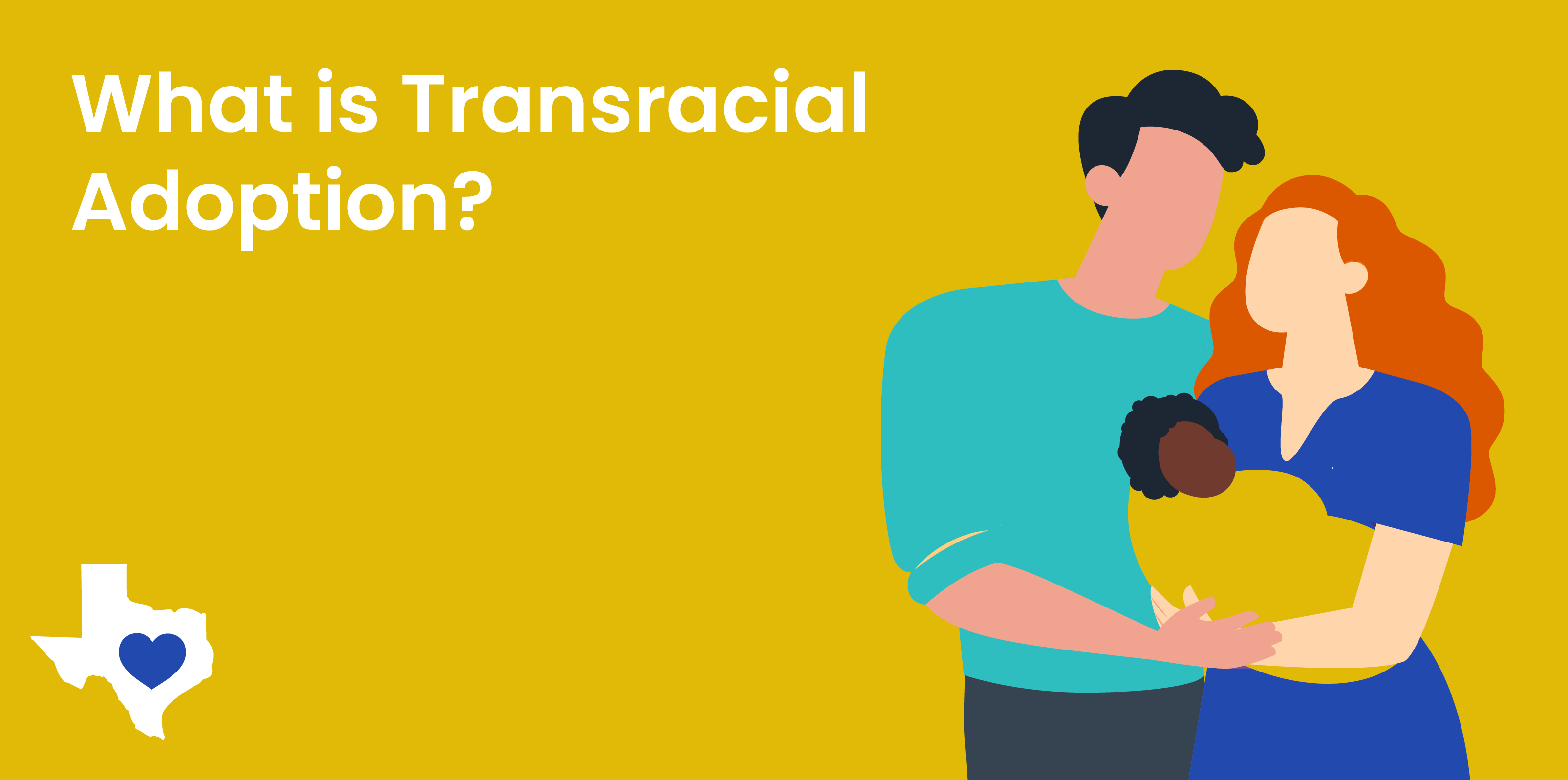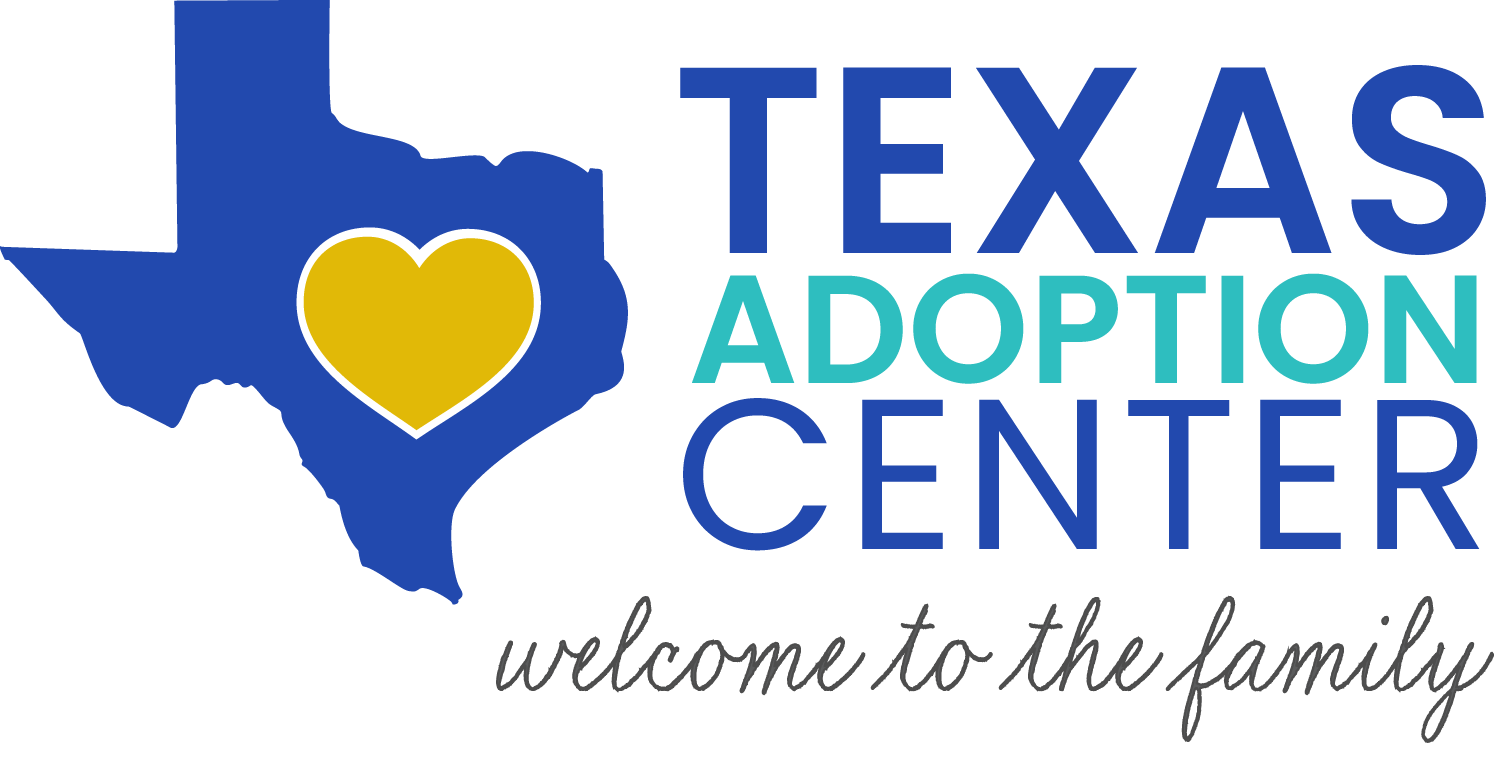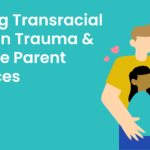
Are you wondering what transracial adoption is? Well, you came to the right place.
Transracial adoption refers to the adoption of a child by parents of a different race or ethnicity.
This can be a wonderful way for families to grow and for children to find a loving and nurturing home. This form of adoption has become increasingly common over the past few decades as more families seek to expand their families through adoption. However, it’s important to approach transracial adoption with care and understanding, as it can present unique challenges for both the child and their adoptive family.
In this article, we’ll explore what transracial adoption is and provide guidance on how potential adoptive parents can educate themselves and their families on transracial adoption.
Considering Transracial Adoption
When considering transracial adoption, it’s important to first recognize the unique experiences that transracially adopted children may face. A child who is adopted into a family of a different race may experience feelings of confusion or isolation as they try to navigate their identity and understand their cultural heritage. Additionally, they may encounter racism or discrimination from people who do not understand or accept their race or culture.
The Risk of Child Trauma
One of the biggest risks of transracial adoption is the potential for transracial adoption trauma. Transracial adoption trauma occurs when a child experiences a disconnect from their culture or race, leading to feelings of isolation, confusion, and low self-esteem. This can be particularly difficult for children who are adopted by families of a different race or ethnicity, as they may feel like they don’t fit in with either culture.
Parents Against Transracial Trauma
No parent wants to see their child suffer. Here are some methods of avoiding transracial trauma.
- General Education
It is important for adoptive parents to educate themselves on the unique challenges and experiences of transracially adopted children. This education can come from a variety of sources, including books, online resources, and support groups. Adoptive parents should also consider seeking out a therapist who specializes in transracial adoption to help them and their child navigate any challenges that arise.
- Cultural Education
Another important aspect of educating oneself on transracial adoption is learning about the child’s cultural heritage. This can involve researching their country of origin, traditions, and history. It’s also important to involve the child in cultural experiences and activities that celebrate their heritage. This can help them feel more connected to their culture and prevent feelings of isolation or disconnection.
- Community Support
In addition to educating oneself, it’s important for adoptive parents to seek out support networks and resources. This can include joining online forums or support groups for transracially adopted children and their families, attending workshops and conferences on transracial adoption, and working with adoption agencies that specialize in transracial adoption.
Adoptive parents can also connect with other families who have experience with transracial adoption. This may include joining online forums, attending conferences and workshops, or seeking out mentorship from experienced adoptive parents.
- Familial Support
It’s also important for adoptive parents to involve their entire family in the education and preparation process. This can help prevent feelings of isolation and confusion for the transracially adopted child and ensure that everyone in the family is prepared to support the child. Asking hard questions can be uncomfortable, but it is imperative that you identify and address biases within the community that will be surrounding the child.
Resources to Learn More About Transracial Adoption
To successfully navigate the challenges of transracial adoption, it’s essential for adoptive parents to educate themselves on the experiences and needs of transracially adopted children. This includes learning about their child’s cultural heritage, history, and traditions. Adoptive parents must also be prepared to provide their child with the resources and support they need to feel safe, secure, and valued in the home.
One way to educate oneself on transracial adoption is to seek out resources and support networks that can offer guidance and insight. For example, organizations such as the National Resource Center for Permanency and Family Connections offer online courses, webinars, and other resources on transracial adoption and parenting. The Center for Adoption Support and Education provides training and support for adoptive families, with a focus on transracial adoption and parenting.
Create a Safe Environment
In addition to education and support, it’s crucial for adoptive parents to create a safe and nurturing environment for their transracially adopted child. This means acknowledging and celebrating their child’s culture and heritage and providing them with opportunities to connect with their racial and ethnic identity. Adoptive parents can do this by incorporating cultural traditions and practices into their family’s daily life and by exposing their child to books, movies, music, and other media that reflect their cultural background.
Another aspect of creating a secure space is preparing their child to navigate any racism or discrimination they may encounter. This means having open and honest conversations with their child about race and racism and equipping them with the tools and language to respond to discriminatory comments or actions.
Positive Transracial Adoption with Texas Adoption Center
Transracial adoption can be a wonderful way to build a family, but it requires careful consideration, education, and preparation. By taking the time to learn about the experiences and needs of transracially adopted children, seeking out resources and support networks, and creating a safe and nurturing home environment, adoptive parents can provide their child with the love, support, and guidance they need to thrive.
Texas Adoption Center can help parents embark on this journey with full preparedness and levels of existing support. Contact us today and learn all about the TAC support system and adoption process.






